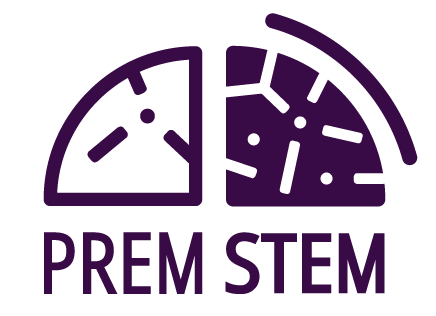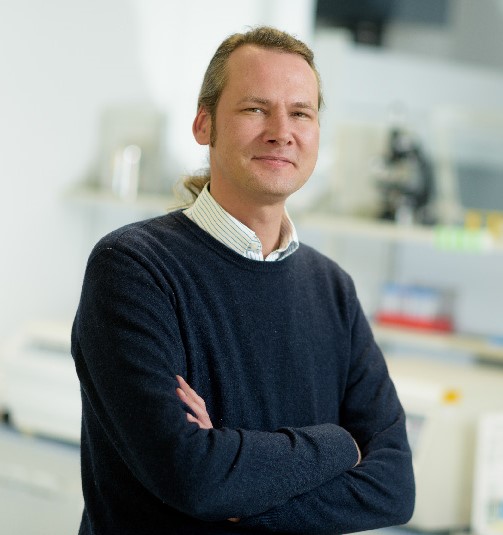What is your area of research specialism and what attracted you to it?
After studying biotechnology, I trained in neuroimmunology with a focus on the chronic demyelinating disease multiple sclerosis, a disease where the myelin sheath (which insulates axonal projections of neurons and is therefore indispensable for higher brain function) is destroyed by peripheral immune cells.
Since joining Professor Ursula Felderhoff’s team at Universitätsklinikum Essen more than ten years ago, I have investigated the causes and consequences of perinatal brain injury. In my research I have realised three things:
- Myelination (i.e. the formation of a myelin sheath) is key for brain development and disturbed myelination is quite common, especially following preterm brain injury.
- The role of the immune system in developmental brain injury is not well understood.
- Compared to other fields of neuroscience, very few groups around the world investigate brain injury of newborns.
There are many important open questions which need to be answered before we can improve disturbed de novo myelination and prevent long-lasting consequences for brain function later in life.
What has been your proudest research accomplishment so far?
I am not sure if it is the proudest, but what was really fascinating to me was the investigation of a pharmacological substance, which is already in clinical use to treat multiple sclerosis due to its immune modulatory effects.
In our preterm birth related brain injury model with hyperoxia, we observed direct protective effects on developing oligodendrocytes, the cells that produce the myelin sheath. Importantly, these protective effects culminated in long-lasting improvements of cognitive function in later life. However, when we analysed effects of this substance in a model of term-born related brain injury induced by hypoxia-ischemia, we observed the opposite effect, i.e. increased brain injury, which in this case was rather related to the known effects of the drug on the peripheral immune system.
Although this was a negative result, it was a very important one because the same substance has shown protective effects in models of adult stroke. From these studies we learned that:
- Targeting myelination in preterm birth related brain injury appears promising for therapeutic approaches.
- We still need to learn a lot about the role of the peripheral immune system in developmental brain injury.
- Results from adult neurology cannot be translated unequivocally to the newborn brain.
- Preclinical testing is a prerequisite for translational neurosciences.
What is the most important question you want to address in your research?
Independent of sufficient preclinical testing of therapeutic strategies, it is most important to improve our understanding of oligodendrocyte biology in the developing brain and its impact on long-lasting neurodevelopmental outcomes. Furthermore, as preterm birth affects the entire immature organism where the central nervous and the immune system are still developing, we have to focus on potential interactions of both complex super-systems when investigating perinatal brain injury.
What is your lab’s role on the PREMSTEM project?
A major focus of PREMSTEM is translational research. At Universitätsklinikum Essen we are proud to lead the work in which the therapeutical potential of stem cells will be analysed in a broad set of small animal models which mimic the most noxious stimuli affecting babies born preterm.
What is innovative about PREMSTEM? Why is this research important?
PREMSTEM combines well-known experts in the field of perinatal brain injury with sophisticated imaging methods and technology development together with stakeholder organisations. Using valid cell culture as well as small and large animal models this collaborative consortium will have a very good chance of verifying that stem cell treatment will improve adverse neurodevelopmental outcomes following perinatal brain injury. It is also an excellent opportunity to strengthen and tighten cooperation in this small but very relevant research field.
What is the most significant outcome you hope PREMSTEM can achieve?
To provide a rational and preclinical proven therapy design to ameliorate the devastating conditions of children suffering from preterm birth related brain injury.






